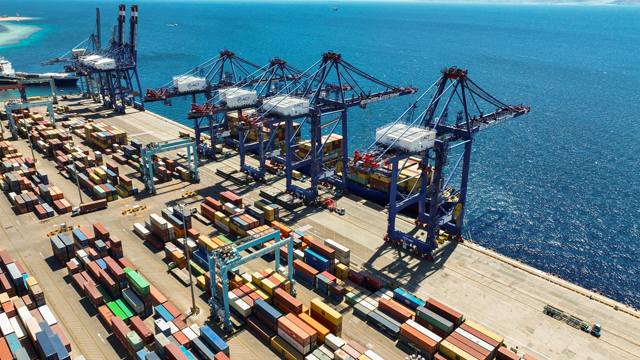You are here
Food prices in Jordan rose 1.2% by end of August — World Bank
By Maria Weldali - Oct 04,2023 - Last updated at Oct 04,2023
AMMAN — Food prices in the Kingdom increased by 1.2 per cent by the end of August, according to the monthly update by the World Bank on food and commodity prices.
The update showed that food prices rose in August, following an increase of 0.6 per cent in July. It noted that the Jordanian government has endorsed the 2023 Food Security Council System, at the Ministry of Agriculture with the objective of addressing climate change and food crises.
The aforementioned system is aimed to provide the database related to food security, as well as the issuance of reports and updates on Jordan’s national strategies along with efforts for food security.
Moreover, the update noted that “globally food price inflation is still ongoing…whereas 73.2 per cent of high-income countries still suffers from food price spikes”.
In this regard, a recent report by the Department of Statistics (DoS) has shown that inflation rose last month by 0.88 per cent.
Waleed Ali, a supermarket owner, told The Jordan Times, that there are slight increases in food prices, but the majority of customers buy discounted products.
He said that consumer behaviour is changing. “Previously, families used to buy extra food for storage but now they buy what they need for the whole month all at once,” Ali added.
Khadijah Hasan, 23, said that she tries to buy the very same food products every month, and in case something is not available she replaces it with a cheaper product.
“Yes the prices are slightly increasing but this affects us, especially if my husband and I rely on one salary which does not exceed JD400,” she said.
Related Articles
AMMAN — Consumer price index (CPI) average dropped by 1.2 per cent at the end of the first five months of 2016 compared with the figure reco
AMMAN —Inflation rate in the first four months of 2016 was down by 1.2 per cent compared to the same period of 2015, the Department of Stati
AMMAN — Jordan’s total exports grew by 1.2 per cent in January 2025 compared to the same month in 2024, the Department of Statistics (DoS) r












